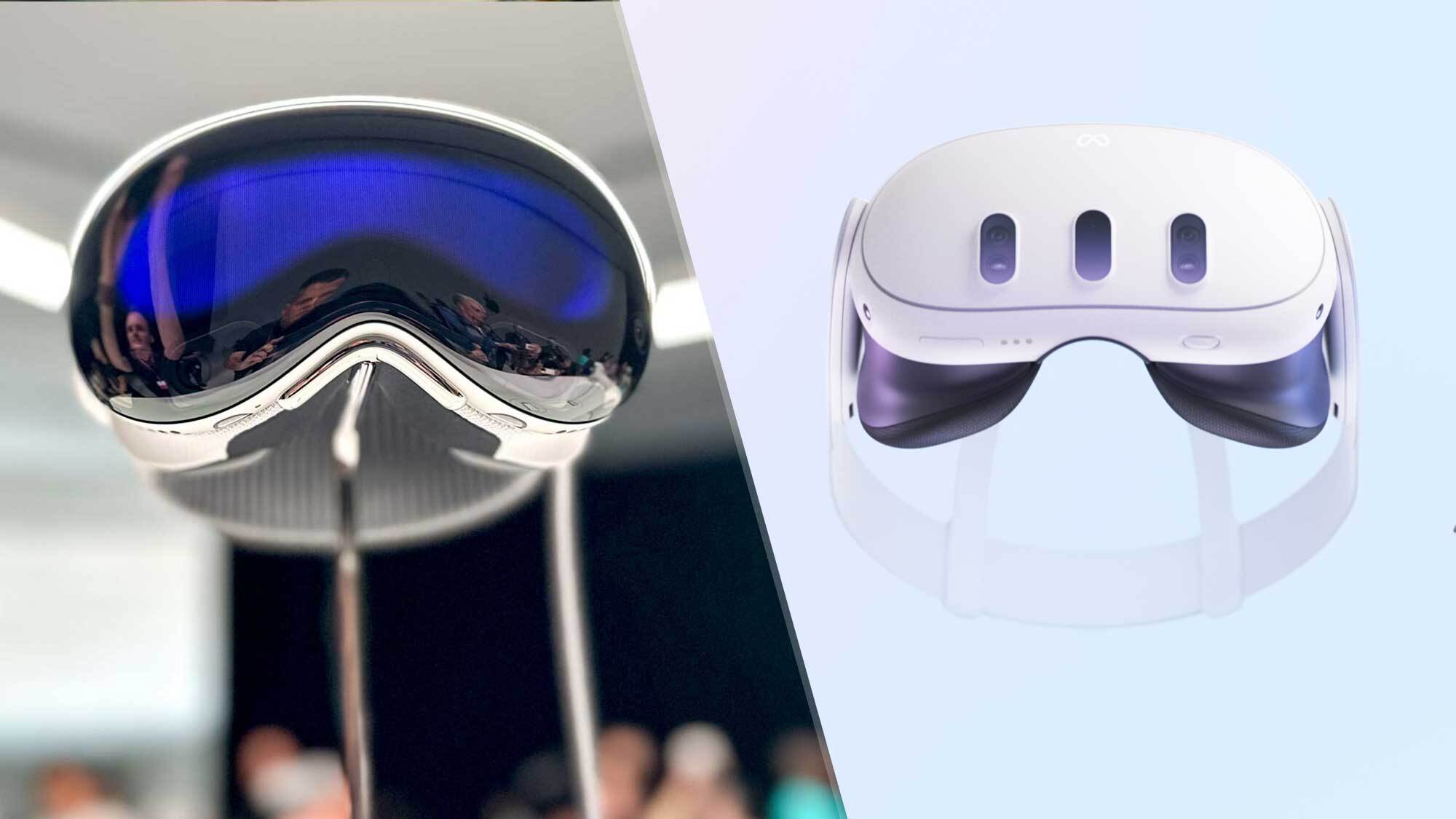
Why We think the Apple Vision Pro may surpass Meta
Apple is known for its high-quality products and its ability to innovate. The company has been investing heavily in augmented reality (AR) and virtual reality (VR) technology, and its upcoming headset, the Apple Vision Pro, is expected to be a significant player in the market. The Vision Pro allegedly houses several features that could give it an edge over Meta’s Quest Pro headset, including a higher-resolution display, a more powerful processor, and a wider field of view. With its more decadent array of offerings such as the App Store, Apple adopts a lifestyle-oriented approach in contrast to the Oculus Quest 3, which is expected to feature a more restricted app store primarily focused on gaming. Among other things, this is why the Apple Vision Pro has the potential to surpass Meta’s Quest Pro and become the leading headset in the AR/VR market.
So far, Apple has successfully showcased the development of the Apple Vision Pro, sharing knowledgeable information about its potential features and resources. As previously noted, Apple aims to integrate digital content within your physical surroundings. Recently, Apple has revealed fresh advancements as part of its overarching objective to ensure that using the Vision Pro becomes an unforgettable experience. One of these advancements includes a redesign of the notable Facetime application. Vision Pro consumers will be able to collaborate and share apps with others while on a call and take full advantage of spatial audio to know who is talking. On top of that, Apple intends to put their users as close to the action as possible, providing 180-degree 3D 8K recordings, streaming services, and more. Apple’s commitment to improving the user experience with Vision Pro is, at first glance, unmistakable, making digital interactions meaningful in the physical realm.
Previously recognized as Facebook, Meta delved into the realm of immersive technology in early 2021, directing its attention toward the augmentation of the physical world through virtual means, all the while envisioning the utilization of social media as a catalyst for its growth. With competitors like HTC, Sony, and Pico, Meta has dominated the market as the most popular VR headset (Oculus Quest 2), selling 15 million headsets worldwide. Remaining a popular choice, the Oculus Quest 2 boasts a crisp display, lightweight design, and a faster processor than its rivals. Priced at $300, this all-in-one VR package stands out as the ultimate solution, offering optional accessories that streamline PC connectivity and significantly improve usage duration.
Looking to make a successful comeback, Meta announced its development of the Oculus Quest 3 this year, which is said to combine wireless functionality with impressive hardware, offering users an immersive and interactive virtual reality and mixed reality experience. The Oculus Quest 3, priced at $499, could feature a higher-resolution display of 2064 × 2208 pixels (4k per eye) compared to its predecessor. This advancement promises a significantly sharper VR experience, particularly enhancing activities like gaming. Geared toward consumers, Meta intends to offer a clear and comfortable visual engagement. All the while, the Apple Vision Pro, priced at $3499, could incorporate a dual Ultra-high-resolution micro OLED display boasting 2x the clarity with 23 million pixels (8k per eye) and may integrate a dual-chip proprietary processor for enhanced performance. We believe businesses are likelier to invest in the Vision Pro due to its distinct design for specific functions. Thus, it’s evident that these headsets are intentionally designed, with the Vision Pro notably standing out for its strong potential to meet the needs of consumers and developers through its compelling features.
Amidst its vision for the revolutionary progress of the Quest 3, Meta has encountered challenges in public perception and data privacy concerns, resulting in lawsuits. This legal setback has emphasized the significance of safeguarding user privacy rights and underscored the necessity for ethical data practices in the digital era. While it remains uncertain whether Apple will implement similar measures with the Vision Pro, given its overarching commitment to privacy, the likelihood of encountering substantial concerns on this matter, as seen with Facebook, seems minimal due to Apple’s reliance on its self-built security infrastructure rather than third-party platforms.
Conclusion
When examining the nuanced differences between the forthcoming Vision Pro and Oculus Quest 3, it’s evident that both products are positioned to provide distinct and captivating immersive experiences. However, the prospect of the Apple Vision Pro outshining the Meta Quest appears promising. Apple’s long-standing innovation and strategic marketing set the stage for heightened anticipation surrounding Vision Pro’s debut. While the Meta Quest 2 generated excitement for its affordability and immersive capabilities, questions arose even then, given its hardware constraints, privacy concerns, and comfort-related considerations. Therefore, should the Quest 3 show promise, surpassing what awaits with the Vision Pro will be a formidable challenge.
Resources
https://support.apple.com/guide/security/welcome/web
https://www.cnbc.com/2022/12/23/facebook-parent-meta-agrees-to-pay-725-million-to-settle-privacy-lawsuit-prompted-by-cambridge-analytica-scandal.html
https://www.tomsguide.com/news/oculus-quest-3-release-date-rumors-specs-news
Post a Comment
You must be logged in to post a comment.

Pingback: Our Take on Orion, Meta’s AR Glasses: What to Expect | QuantumERA®